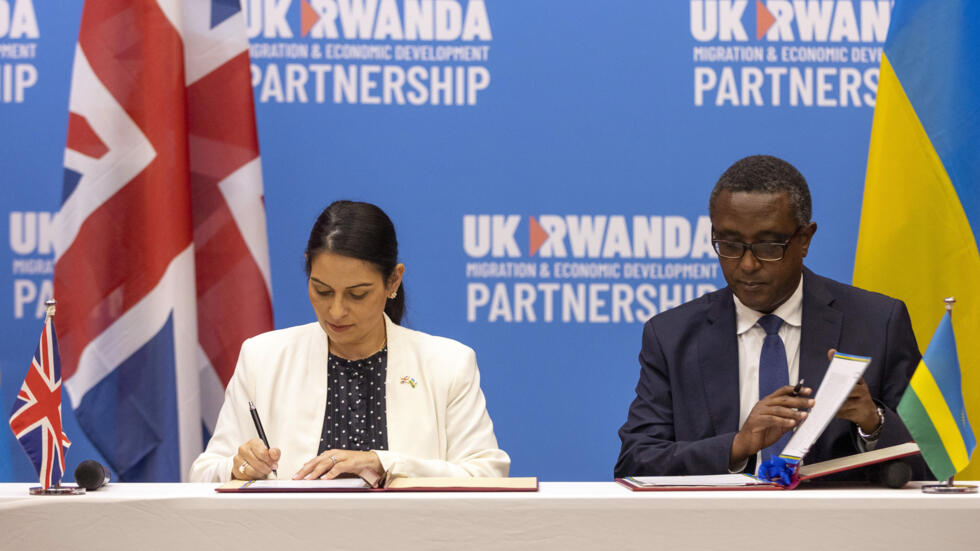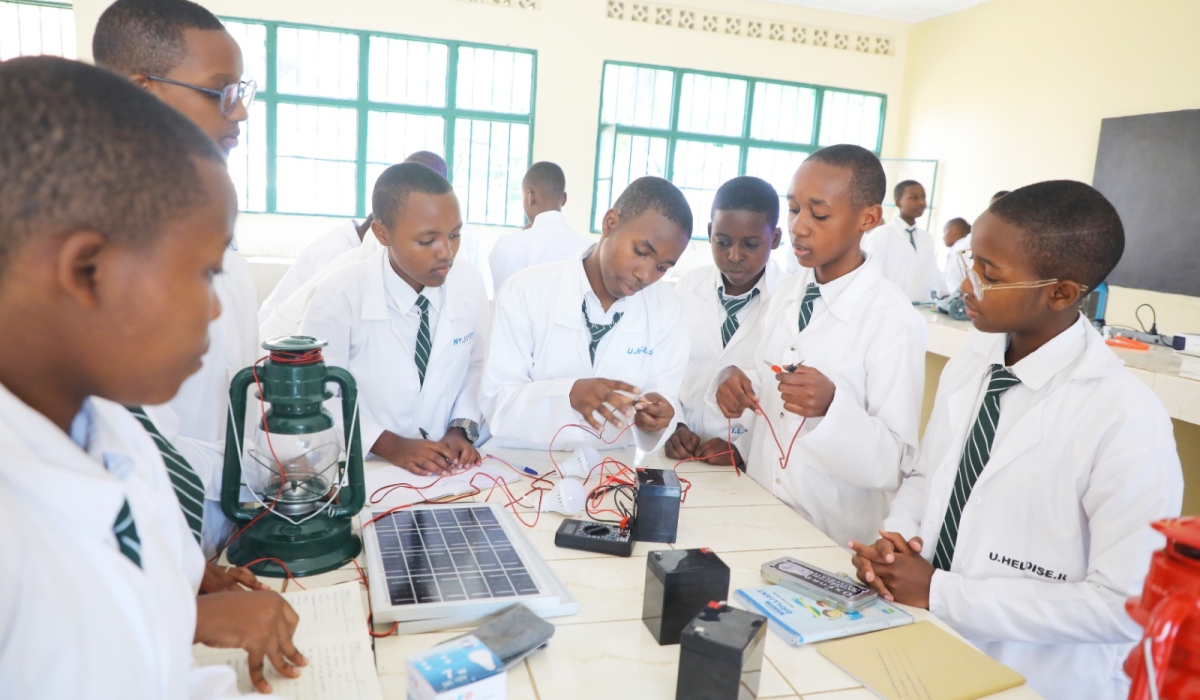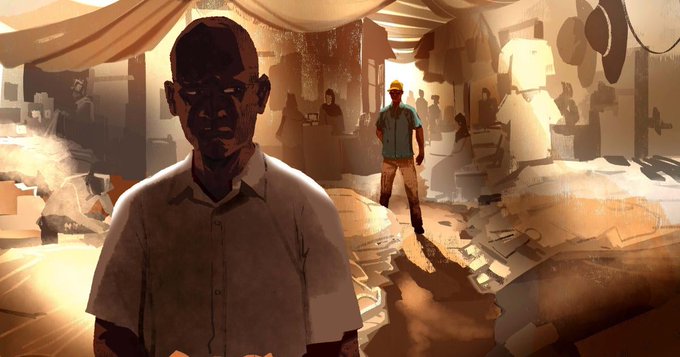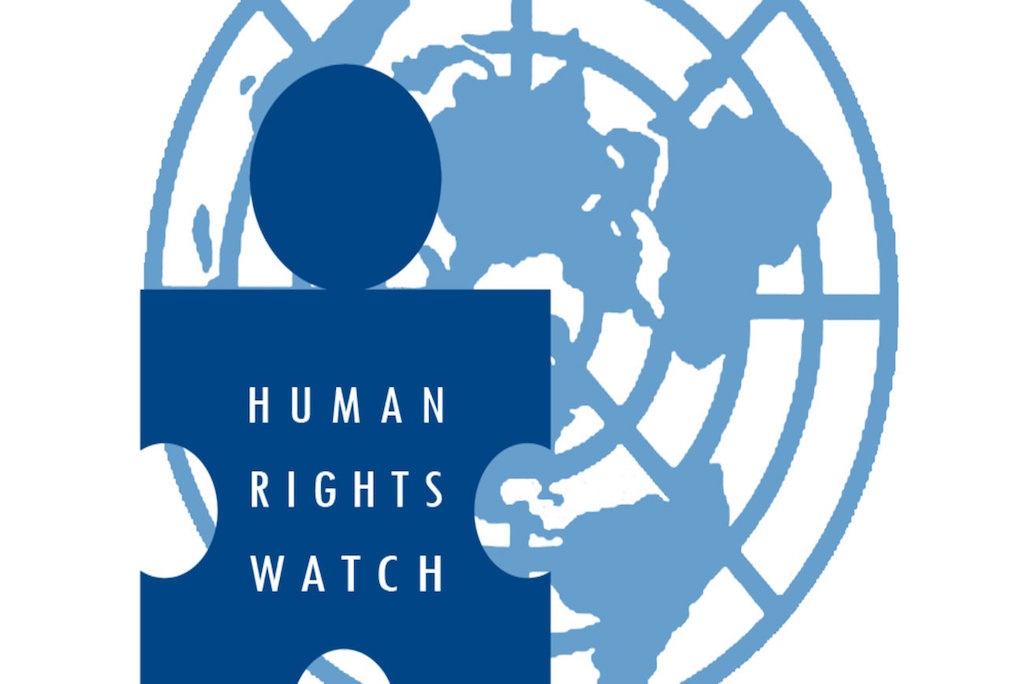Regional
HRW's a bad-faith actor advancing a politicized agenda against Rwanda
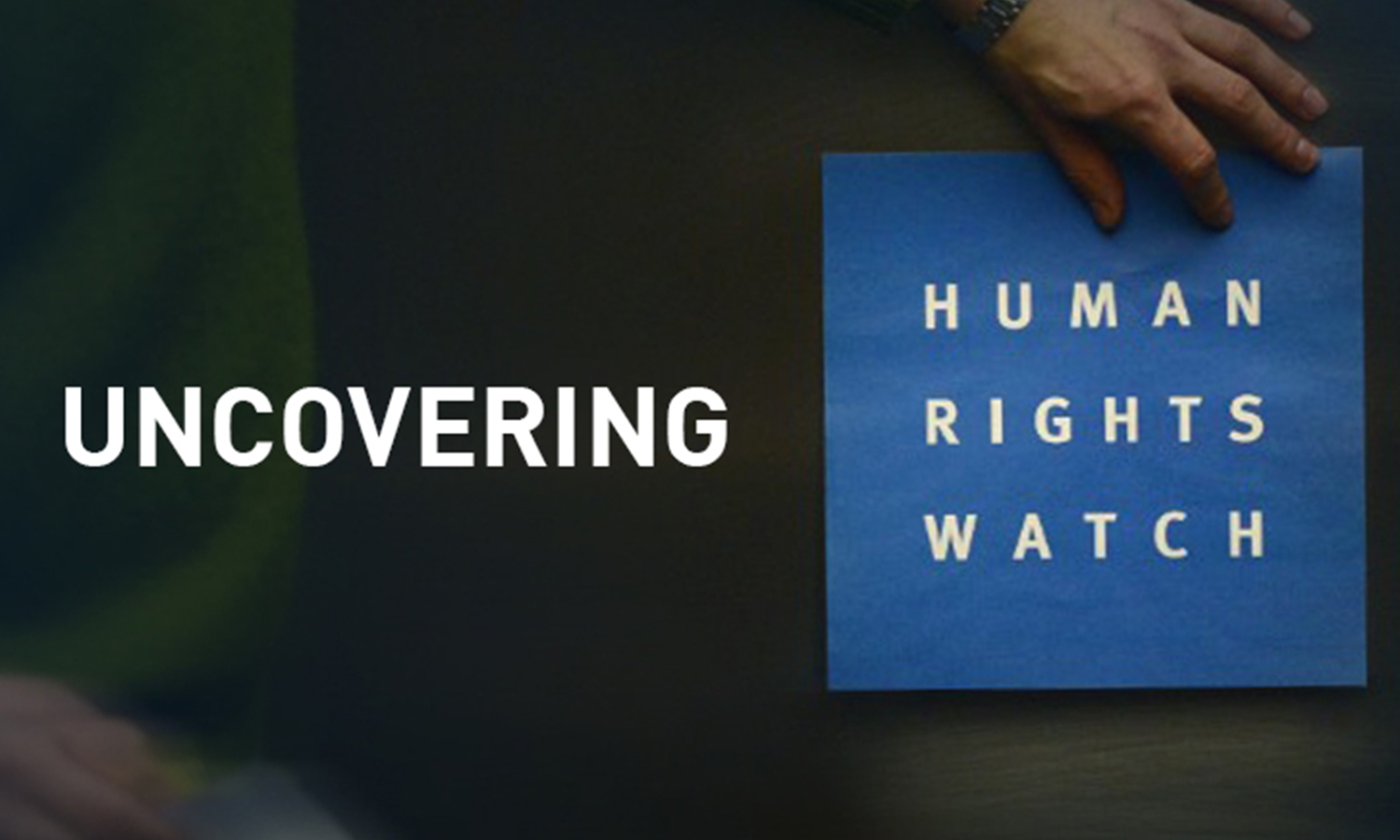
Human Rights Watch claims to be "independent" but it is actually subject to ideological bias, opaque in its funding sources and has close ties with the West.
In recent years, Human Rights Watch (HRW) has
faced growing skepticism and criticism for its recurrent and dubious
allegations against Rwanda.
Its unending allegations point to a
politically motivated agenda.
One of the earliest instances of HRW's
questionable allegations was in 2012 when they reported the alleged abduction
of Alexis Bakunzibake, then Vice President of PS-Imberakuri, by Rwandan
security forces. It was later established that Bakunzibake had actually joined the
FDLR, the Rwandan genocidal forces based in eastern DRC.
The FDLR is a militia group formed by
remnants of the perpetrators of the 1994 Genocide against the Tutsi in Rwanda.
Formed in 2008, PS-Imberakuri broke into two
factions in 2009, one led by Christine Mukabunane which has no links with
genocidaires, genocide deniers and genocide ideologues; and another extremist faction
led by Bernard Ntaganda which collaborates with FDLR in a bid to overthrow the
Rwandan government.
When Ntaganda was sentenced to four years in
prison in 2010 for inciting the public to cause insurrection against the
Rwandan government, Bakunzibake who was Vice President signed different
agreements with FDLR, including one on the process of recruiting Rwandan youth
and send them to eastern DRC to be trained by the genocidal militia and then
sent back to destabilize Rwanda.
After serving his sentence, Ntaganda had
disputes with Bakunzibake. This led to the creation by Bakunzibake of third
faction based in DRC. The members of the third faction were militarily trained
by FDLR.
The pattern of HRW's agenda against Rwanda
became increasingly apparent with each annual report. In July 2017, just before
the presidential elections in Rwanda, HRW published a report alleging summarily
executions by Rwandan security forces for minor offenses such as goat theft.
The report listed seven individuals as victims, but shortly after, they
resurfaced in a press conference, alive and well.
As Rwanda prepared to host the 2022
Commonwealth Heads of Government Meeting (CHOGM), HRW once again came forward
with its usual allegations in an attempt to smear the Rwandan government and possibly
prevent CHOGM from coming to the Rwandan capital. On March 16, 2022, HRW
released a report titled "Rwanda: Wave of Free Speech Prosecutions,"
claiming that opposition leaders and commentators were being persecuted by
authorities due to their speech and opinions.
HRW's allegations are often amplified through
the media. Its politically motivated reports against Rwanda often receive
extensive media coverage. Before they are published, HRW’s Western media network
is alerted in advance and a plot is hatched.
On October 9, Rwandan Government Spokesperson
Yolande Makolo, wrote on X (former Twitter) : “Looks like Human Rights Watch is still doggedly focused on distorting
the reality of Rwanda in yet another deceitful report. They are shameless. Here
is what I have told media running the story: Human Rights Watch continues to present a
distorted picture of Rwanda that only exists in their imagination.
“Any balanced
assessment of Rwanda’s record in advancing the rights, well-being and dignity
of Rwandans over the past 29 years would recognize remarkable, transformational
progress. Rwanda will not be deterred from this work by bad-faith actors
advancing a politicized agenda.”
HRW is inherently very corrupt organization. In
March 2020, it was revealed that HRW accepted a sizable donation - $470,000 - from Saudi billionaire
Mohamed Bin Issa Al Jaber earlier in 2012, shortly after its researchers
documented labor abuses at one of the man’s companies, a potential violation of
the rights group’s own fundraising guidance.
The controversial donation was at the center
of a contentious internal debate about the judgment and leadership of Human
Rights Watch’s then Executive Director Kenneth Roth.
The organisation's strong ideological bias
begun with Kenneth Roth who was executive director since 1993.
In a September 2009 NGO Monitor’s detailed
report, authors Sarah Mandel and Gerald Steinberg, among others,
highlighted HRW’s consistent pattern of: distortion and inconsistent
application of international legal standards and rhetoric, and reliance on
problematic eyewitnesses and local NGOs with limited credibility.
The organization has maintained the same pattern every time it reports on Rwanda. HRW is a bad-faith actor advancing a politicized agenda against Rwanda’s leadership.



